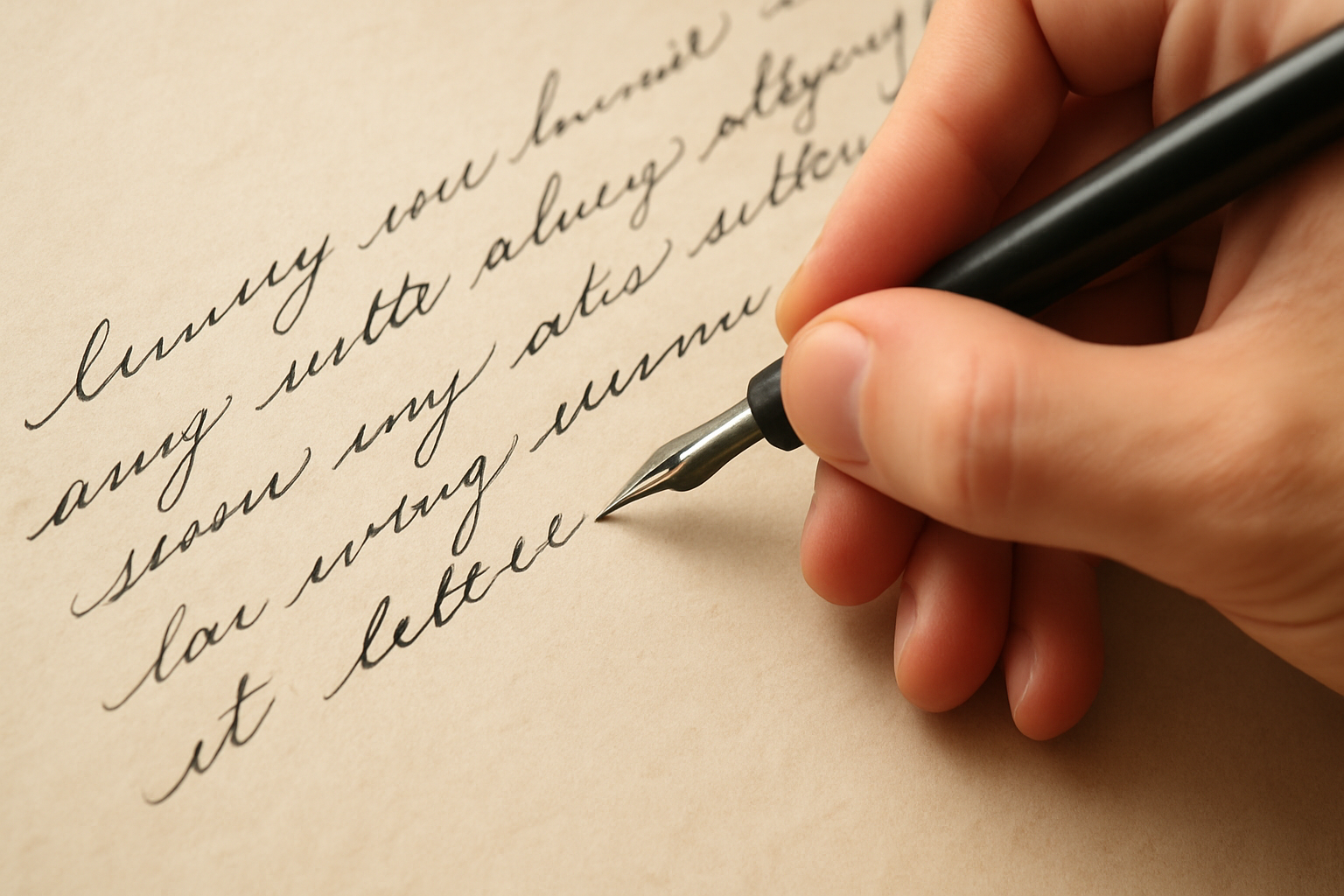We were joined by scars. His lay under an eye like a dimple in a smile. He said he always remembered the tip of that tomato stake spearing towards him. Glimpsed the exertion in my seven year old eyes. The stake glanced off his face. Blood threaded down until he smeared it over a cheekbone. Looking at his hand he started crying. Between his lurching sobs I pleaded with him not to tell our parents.
I had a scar too. Near my shoulder. Like the silvery trail left by a snail. People asked about it whenever I tanned. My brother Luke bounded up behind me and swung a spade at my head. The blade caked with crumbling topsoil. Our father had been planting vegetables, nasally singing Frank Sinatra songs. Grit sprinkled over me as he brought it down. The spade grazed my head and thudded into a shoulder.
Hot water later burned through the wound in the shower. In silence my mother methodically dabbed at blood weeping from the cut. After dressing the wound she told me I’d better look for my brother. I’d find him behind the hedge three doors down. He’d be there on haunches, stilling his breath. It’s where he always hid.
The coffee trembled in my hand as I sipped heat. People moved around my mother’s house. Table legs scraped floor as a room rearranged. Checked the knot of my tie. Someone called that the car arrived. I followed people out. Off to one side my brother’s best friend limped, from the gout he explained, while I pretended to listen. My brother’s widow Melissa walked ahead. Our mother trailed her, shoulders hunched.
I hated funerals. Never understood holding grief in until it ambushed you later. Wearing sunglasses while shaking hands. A woman kissed me dryly, once on each cheek. I craved a triple scotch, imagined it burning on the way down. Anything but shaking hands with third removed cousins I hadn’t seen since toilet training. Wasn’t interested in dropping a fistful of petals onto the coffin with a cold wind cutting into me like a new body piercing.
My ex-wife Jo came up beside me. She kissed me lightly. Used to love her freckled back flexing and shifting through rooms. Her hand squeezed mine. It must’ve taken courage, standing next to me, knowing what I’d told my family about her last year. My mother turned away from her abruptly.
We slid into the back of the hearse. Settled into cold upholstery, dragging seat belts over ourselves.
I’d found the note. As I walked in smelt cooking odours. Steak and mushroom sauce. Pushing Luke’s door open I noticed silence. So many times I’d walked into prods of loud music. I strained to listen for a footstep or murmur. Called out and my voice echoed back.
His note was on the table. How many meals had we sat down to there? His wife, frowning and quiet, endured our debates over who would win the premiership and if pumpkin belonged on pizza. Jo laughed along, elbowing me if I went too far.
“Dear Family,” it started. Half way through reading I backed towards the door. A few steps through the manicured garden I noticed his car gone. Groped around in a pocket, fingers amongst coins and a matted tissue before dragging out my mobile.
It took four hours before police knocked. Jo and I stood closely together, despite our fighting and recent divorce. Listened to the police officers’ slow staccato sentences. “The car drove over an embankment. Struck a tree. We believe he died on impact. An autopsy will be conducted.”
I traced a finger over Luke’s handwriting. When turning the page over fissures of ink bled through. Strokes of letters swelled through paper like veins in an old person’s feet. My fingertips felt where the pen pressed hard as if in those moments his pain worsened. His signature faded away at the bottom as if he’d already started leaving.
After the funeral Jo said Luke’s wife could stay with her for a couple of days. She asked me to drive Melissa back to the house to collect a few things. We drove without speaking. Melissa sat next to me, distracted and sucking a strand of hair. At the house I trailed her on a path lined by roses. She couldn’t manage the key in the lock and I leaned in to help, glimpsing pinpricks of skin pores over her cheeks. The door pressed open. She walked through the house, heels clacking on timber floors. I ambled through rooms, air cold. I’d seen the silverware, ornate candle stick holders and crystal cut vases before. I hated how superficial they now seemed.
Drawers slid open and banged shut. Now and then Melissa sobbed wetly. I pretended not to hear. Stood at the back windows, looking through glass crisscrossed dirtily from long gone rain. She came into the room. She held a bag and I took it from her. She followed me out to the car. I dropped her bag onto the back seat.
“His note said the problems were money,” I said. “You know anything about that?” Melissa hovered over the passenger seat, front half of her body in the car. I’d never seen how she glared at me then. Was used to her head thrown back in laughter, hair roughly up and braided. She sat without speaking.
“He said there was a lot of debt,” I said, turning the ignition key. “All the times I visited your house and thought how everything looked expensive.”
We drove to Jo’s house. Could’ve asked her back into my life when she draped arms around Melissa. Watched them propped against each other. Melissa cried, shoulders lifting and falling. Nearly said I deserved sympathy too. He was my brother after all. Jo looked at me from Melissa’s bobbing head. It was no use longing to be back with her. I could’ve visited her, like that time when trying to save our marriage. When she undressed I ran fingertips over red lines left by her bra across skin. Drew them over the marks, as if touching sadness, hers as well as mine. We hardly spoke another word before the familiarity of her hard ribs and outlines of faded tans stretched under me. My hands circled wrists. She was so small and delicate there. I kneaded just under her hands, as our chests grinded together. My thumbs pressed through to her pulse.
“Radius bone,” she said to me later. “That’s the part of me you touched under my wrists. Think you bruised me. When we were in love I wanted to ink a tattoo there. Probably something stupid. Your initials, your name, a heart. Something I’d later hate and need laser treatment to erase.”
Once Jo told me I never said I loved her. It wasn’t true. It was that she only heard me once. Told her four times. The first I was so close to her my breath lay along her sleeping face. The second spoken into the fold of her ear so that my love hooped and wisped in the curls of her skin before she turned to ask what I’d said. The third time behind her as she cooked, my words shadows on the nape of her neck. The fourth was when she did hear. When she left. She slammed the door on my words as if they were the first part of me to break.
Jo had a boyfriend now. Bumped into them once in a bookshop. That’d always been our bookshop. I once told Jo we brought our favourite writer John Steinbeck back to life between us there. If it was true a person remained alive as long as their name was spoken, we’d discussed him so much he now had enough life to write another novel. When I saw Jo and her boyfriend browsing the fiction section it was worse than finding them in bed together.
I returned to my mother’s house. Front garden weeded, dandelions shrivelled on the grass. Knocked at her door. Through the timber heard her labour up the hallway.
“Thought it was another neighbour with a cake. Or a lasagne,” my mother said, standing back to let me in. “As if I’m going to sit around eating at a time like this. I’m not interested in eating. They can hook me up to an IV drip and I’ll drag that around instead of three square meals daily.” She never asked if I wanted tea. Just poured me a cup. It was lukewarm as I sipped. Small tea leaves turned in it like objects spinning in a tornado.
“I’m not going into a nursing home. Or a retirement village, whatever you call it.” My mother looked at me grimly. “I won’t leave you any of your father’s port if you try to drag me there.”
A smile reached half my face. I said they wouldn’t want her. She would be the loudest person at Bingo. Drown the others out at Christmas Carols. She’d win bowls by three games and two anti-inflammatory tablets. We became silent. Through a window blizzards of flower petals gusted.
“I think Melissa was to blame,” I said. I hadn’t wanted to burden her with that. My mother had read Luke’s letter before the funeral. The room choked with silence as I’d watched her eyes flick back and forth over each line. I’d promised myself to say nothing about it. I was only there to check on her. But I blurted it out as if dry retching the words. “He said it was because of money. Have you looked inside their place? Most of the national debt is in there.”
My mother shook her head. For a second I thought she’d break down but she breathed it back in.
“I don’t want to think about it,” she said. I stood sluggishly. “You know,” she added. “I was watching Jo today. I don’t believe what you said about her. You shouldn’t have left her you know. Have you found someone else?” I shook my head. “Help yourself to lasagne,” she added.
I drove the empty streets back to my flat. Passed the park where my brother and I used to play kick to kick. His long curving torpedo punts often zoomed over my head, sometimes clipping my outstretched fingers. Went by the cafe we often met in. We usually sat outside. We drank thick, sweet Turkish coffees and grindings leached from between my teeth for hours. I bumped over the railway tracks that carried us to football matches and home from pub crawls. As I saw where we’d walked I looked for the life Luke and I might’ve had. We probably would’ve called into that French restaurant that always hung out a flag on Bastille Day. Visited the florist set up in a closed service station and taken bunches of jonquils home. Sat in that beer garden complaining about our working week.
Before Luke died we’d sat outside that Turkish cafe, unhappy about summer ending. Sipped coffee in small cups, burning mouths and swallowing a sludge of sugar. Said to my brother it was a miracle we remained friends, considering our brawls and injuries to each other when young. That was the last time I saw him smile. I especially remembered his hug afterwards, tight then loosening, the dip of his chin embedded in my shoulder, his smile so alive before fading.
For those fleeting moments as I drove he was on every corner. I said his name as loudly as I could into wind blustering past the car window until it brought him back, full of life and watching me drive by.

